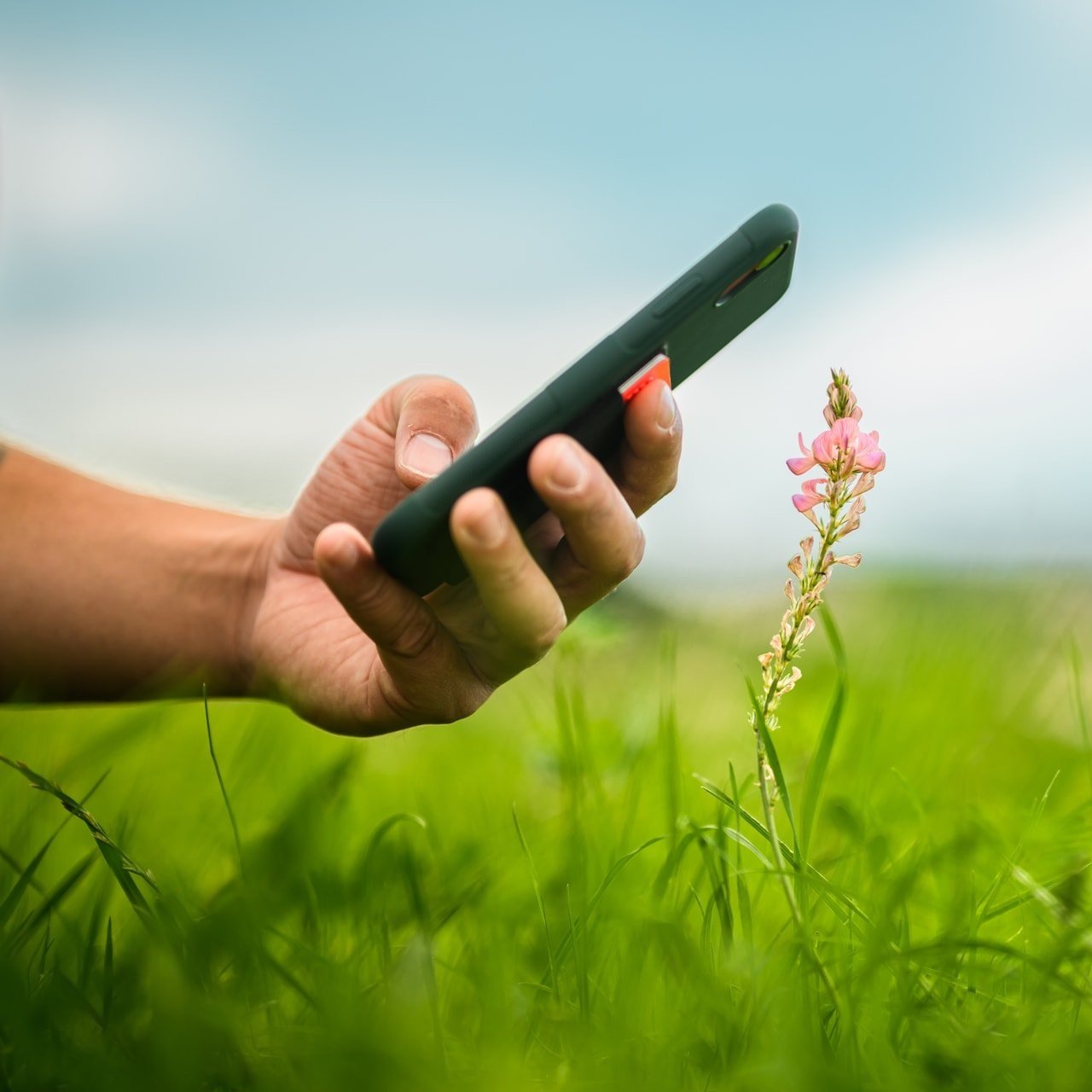
MAKE SPACE FOR BEES
Developing design-led solutions by co-creating rewilding tools for younger people to support pollinator habitats in their local green spaces
SEVEN CORNISH SCHOOLS WITH MINI MEADOWS AND EDUCATIONAL SIGNAGE
Click on the images below to explore the biodiversity observed at each school…
OVERVIEW
Make Space for BEES is a collaborative project between the University of Plymouth and Pollenize. Funded by the AHRC Design Exchange Partnership (DEP)It tackles biodiversity loss by empowering young people to create pollinator havens in their schools.
The project works with 7 Cornish secondary schools. Through a "place-based approach," students will co-design tools and solutions to directly improve their school grounds. This hands-on experience will give them the agency to make a real difference in the "green transition," meaning the shift towards a more sustainable future.
PROJECT AIMS
Test: Create pathways to action/tools for caring for the environment
Engage: Engage young people with biodiversity using creative spatial tools, working with bees as a key driver of biodiversity ecosystems
Adopt a place-based approach to enable young people to take action in their local environment.
Innovate: Develop creative digital tools and engagement materials that can be used at scale by groups working with younger people (e.g. schools)
Impact: Inform the nature recovery/biodiversity net gain agenda
Locations of participating schools!
OUTCOMES
We will engage in a co-design process to create prototypes for a set of digital tools and resources in collaboration with younger individuals using a location-specific strategy. Our aim is to produce a digital biodiversity toolkit that will include the following components:
Citizen science tools for data gathering and monitoring
Biodiversity data gathering linked to inaturalist platform
Geo located biodiversity monitoring in School grounds using geofence to create a project
Bioblitz activity guide
Map and data platform to record biodiversity
data input for continuous observations and monitoring – impact
data dashboard to display live real time data – display on website
Physical space on school grounds
Each school will create a biodiversity patch
Pollenize will supply seeds to plant using the Floradex tool which identifies the pollinator friendly plants required in a specific location.
IMPACT
This tutorial video is available to all participating schools, empowering them with a comprehensive understanding of the bioblitz process
The project aims to facilitate environmental citizenship among young individuals by providing them with resources to actively advocate for and safeguard pollinating insects. By doing so, it will play a vital role in bolstering the population and variety of pollinating insects within school campuses and local community areas. Our efforts will be concentrated in Cornwall, adopting a localised strategy while remaining in sync with the broader regional and national goals outlined by the National Education Nature Park project and the Cornwall Wildlife Trust. Our initiative in Cornwall strongly resonates with the objectives of the National Education Nature Park, which strive to involve more children and youths in nature-related activities and enhance biodiversity within educational premises. This collective endeavour essentially transforms different locations into a cohesive Nature Park, thus paving the way for overarching impact at a national level.












